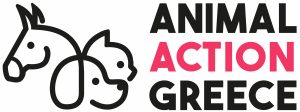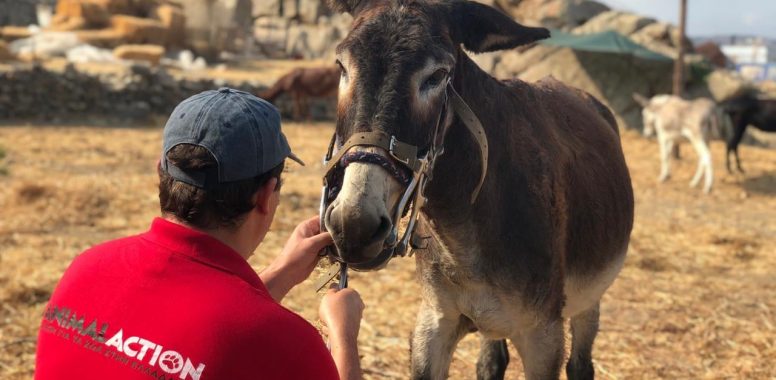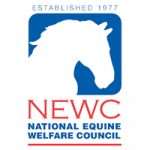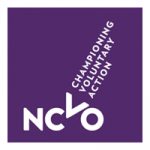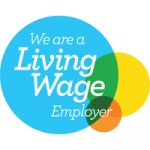The aim of our Equine Project is to improve the lives of working equids (horses, donkeys and mules) throughout Greece. This is achieved through our programme of outreach visits. We focus our effort on rural and/or isolated areas where owners have little or no access to trained professionals and where traditional practices that can be either ineffective or positively harmful are still widespread. This project is unique in Greece in delivering not only treatment and care but, crucially, in adding to the knowledge and skills of local owners; building their capacity to look after the animals on which they rely after our team has left the area.
This is achieved via the following activities:
Veterinarians:
Although equine veterinary education in Greece has seem a huge improvement in the last few years and there are now lots of new graduates choosing to work with equines, there is a still a large number of veterinarians who have little or no experience in equine care. To help fill these gaps in knowledge and practical skills we invite veterinarians with an interest in the care of equids to accompany us on our outreach visits. Observing diagnosis and treatment in the field is a good way to learn important aspects of equine veterinary care, as well as basic dentistry and farriery.
Farriers:
Professional farriers are hard to find in Greece, with most being self-taught, thus not always providing the best care. During our outreach visits, we always invite any local farriers to observe and work with our professionals so that they can gain more experience and improve their knowledge and skills.
Dental Technicians:
The basic principles of equine dentistry are taught not only to veterinarians, but also to owners and lay people that are interested in that aspect of equine care and are eager to help their equids. They start with some basic techniques, advancing later as they attend seminars or other outreach sessions to which we invite them.
Welfare groups:
In every area we visit we collaborate with the local welfare groups. In addition to providing valuable local knowledge to our teams, they are invited to attend the assessment and treatment sessions to gain more knowledge of the issues affecting equine welfare. This will enable them to recognise and report more accurately on any cases they may come across in the year, forming a valuable link between our professionals and owners that are experiencing problems.
Owners:
During our outreach visits, we also train owners to assess the condition of their equids more efficiently and always encourage them to ask for advice in order to gain further insight and understanding. Our advice and instructions mainly concern management, feeding, worming, vaccinations and the most common ailments. If we see harmful practices in use, we take the opportunity to persuade owners to alter these, demonstrating better and safer alternatives.
Seminars:
We also organise practical seminars in veterinary nursing, farriery and equine dentistry which are attended by vets and farriers from all over Greece, as well as seminars for veterinary students, local owners and welfare group members.
